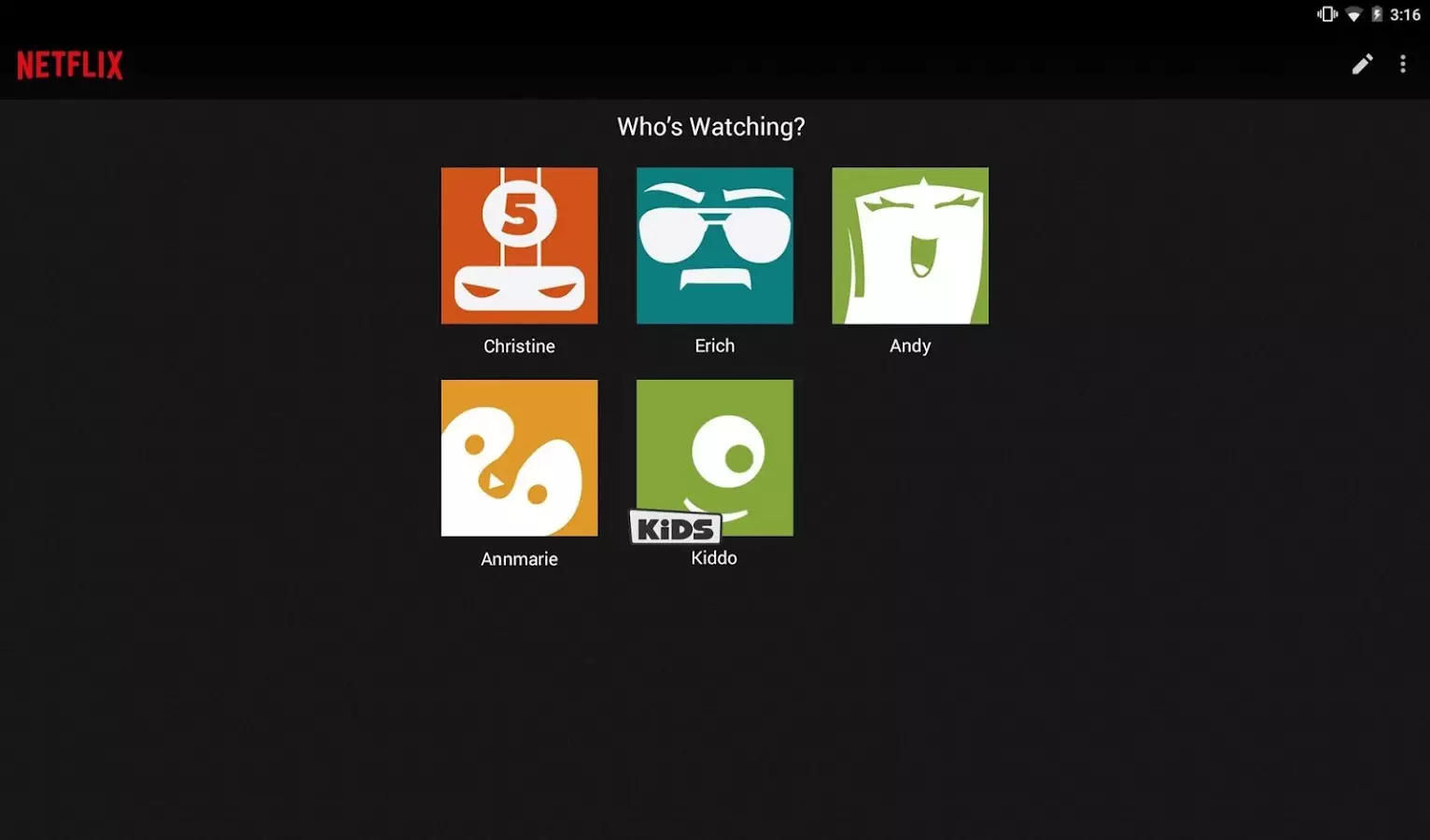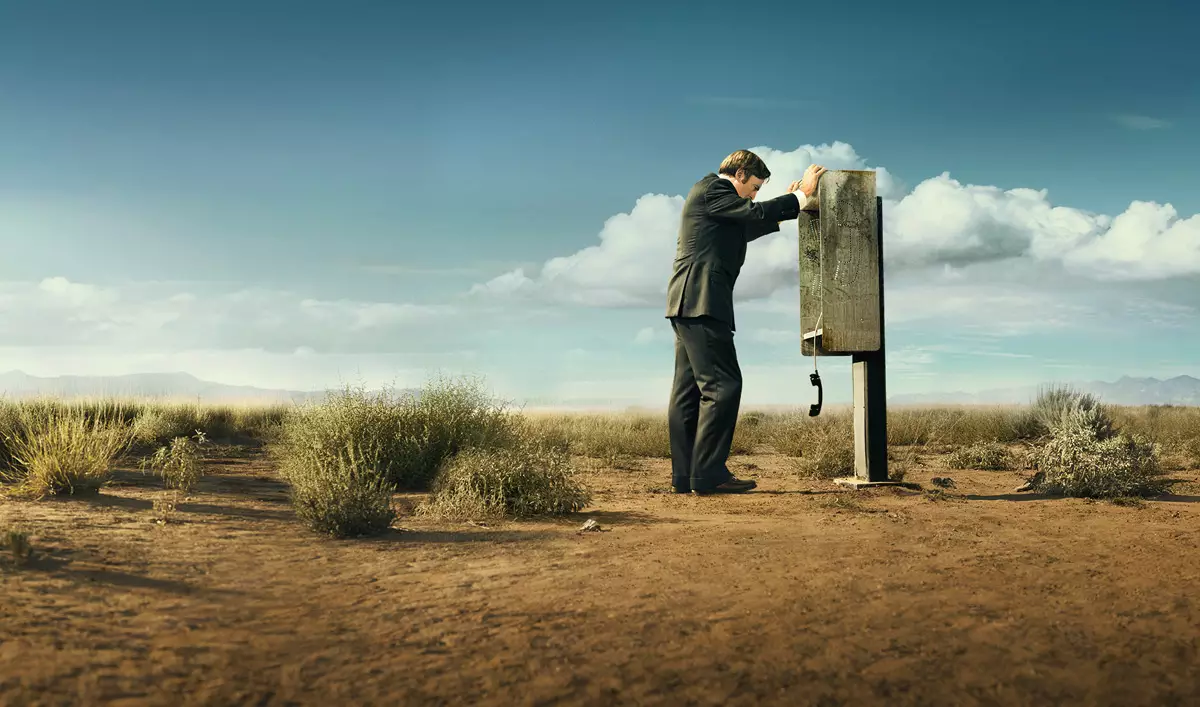
You either have a Netflix account or you're using somebody else's. There is no alternative.
However, sharing your details could soon be illegal soon, according to one court ruling.
Last week the U.S. Ninth Circuit Court of Appeals issued an opinion that an employee acted 'without authorization' when he used a former co-worker's login (with their permission) to gain access to 'computer data owned by the former employer.' TechCrunch reports that this led to the court upholding a decision that the employee violated the Computer Fraud and Abuse Act (CFAA), a federal law traditionally used to prevent computer-related fraud.
Advert
This all sounds overly clumsy and Judge McKeown, who wrote the majority opinion, acknowledged that this ruling could turn innocent conduct like 'password sharing among friends and family' into a federal crime.
However, she also noted that the circumstances in the case 'bears little resemblance' to more innocent forms of password sharing - such as sharing a Netflix password, or giving your friend your Gmail password so they can retrieve something from your inbox, like a document. Judge McKeown added that "the reality is that facts and context matter in applying the term 'without authorization.'"

Credit: AMC/Netflix
One of the judges on the court, Judge Reinhardt, did have some reservations about the matter though, and the potential repercussions:
Advert
"This case is about password sharing. People frequently share their passwords, notwithstanding the fact that websites and employers have policies prohibiting it," Reinhardt said. "In my view, the Computer Fraud and Abuse Act (CFAA) does not make the millions of people who engage in this ubiquitous, useful, and generally harmless conduct into unwitting federal criminals.
"Whatever other liability, criminal or civil, Nosal may have incurred in his improper attempt to compete with his former employer, he has not violated the CFAA."
TechCrunch added that "according to this ruling, it seems that anyone sharing a password 'without authorization' could potentially be convicted of violating the CFAA."
At this point there still remains a lot of grey matter around what 'without authorization' means. While services like Netflix officially say that logins shouldn't be shared, some, including Netflix, have publicly stated that account sharing is OK.
Advert
Still using your ex's account? I wouldn't worry.
Words by Matthew Cooper
Featured image credit: Netflix
Featured Image Credit:Topics: Netflix